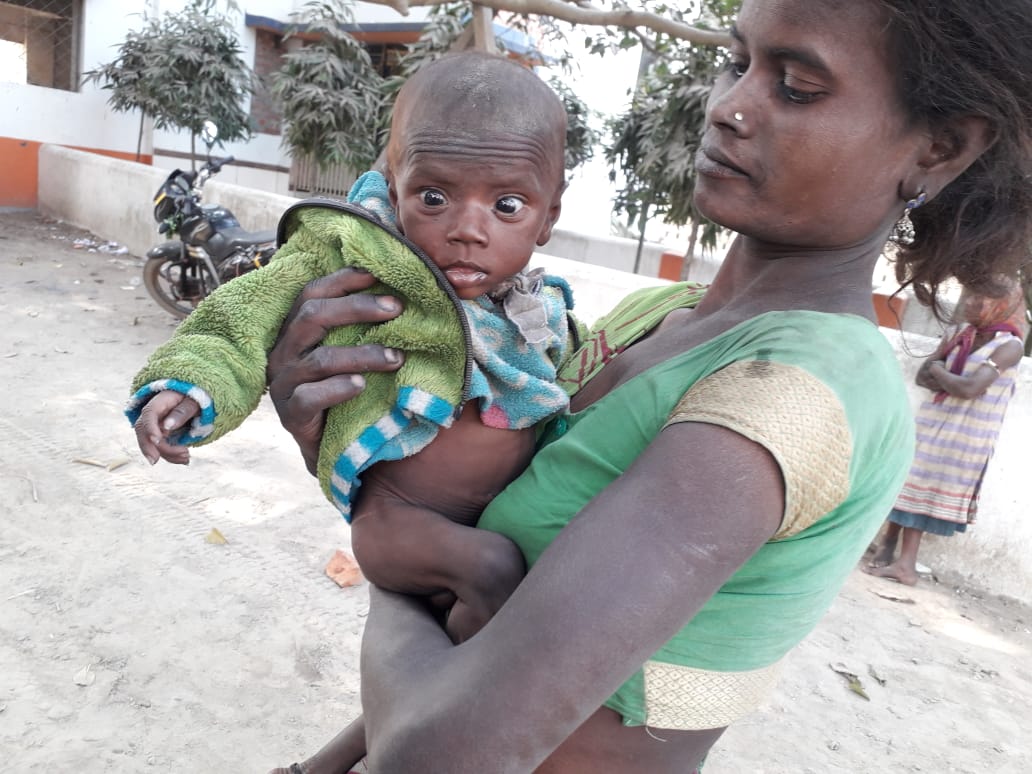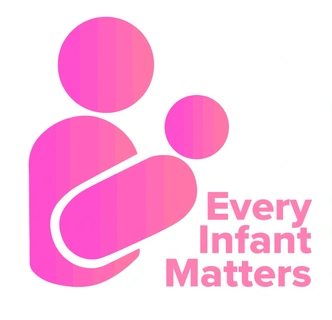Problem
There are three key problems and challenges that we are trying to solve
1. Blindness in children due to Vitamin A deficiency.
1.4 million children worldwide go blind, the commonest cause being Vitamin A deficiency.
250 million school children suffer from Vitamin A deficiency.
In India, there are about 320,000 blind children. This is more than any other country in the world. Preventing blindness in children is a priority since it can affect their development, mobility, education and employment opportunities.

2. Ensuring last mile connectivity in healthcare.
Providing access to healthcare is one of the biggest challenges worldwide, and this must be overcome if we want to achieve health for all. All over the world, governments have made huge health infrastructures. Unfortunately, last mile connectivity is missing. An example for this is vaccination. In spite of India’s universal immunization program, less than 43% of the children are fully vaccinated.
Home deliveries are common. Women are unaware of free vaccines and their benefits, and there is no one to help. They are intimidated by public hospitals. Time and money is spent in commuting. All this results in poor vaccine uptake by disadvantaged communities.
3. Gender bias should not come in the way of health and education
As a pediatrician, I have seen first hand injustice meted out to women and girls, says Dr. Batra. “The girl child is neglected when it comes to health and education. Girls are given less food than boys. Boys get lentils and vegetables; girls get rice. Female feticide has been rampant for a long time in my country.
All this left a lasting impression on my mind and motivated me to work for gender equality, especially in the field of health. Providing the gift of sight is the first step towards women’s independence. Women are denied opportunities, and the situation is much worse if she is blind. A girl who has the gift of sight gets education, jobs, entrepreneurship and leadership opportunities.”
